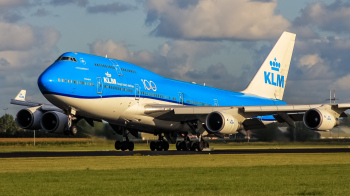The Airbus A320-200F is a cargo aircraft manufactured by Airbus, a leading European aerospace company. This aircraft is one of the most common cargo aircraft in the world, with over 1,500 aircraft in operation. The A320-200F is a short- to medium-range, twin-engine cargo aircraft, with a range of up to 2,300 nautical miles, and a payload capacity of 40,000 lbs.
The A320-200F was first developed in the late 1990s, after Airbus identified a need for a more efficient and cost-effective cargo aircraft. The A320-200F is designed to provide increased efficiency, reduced operating costs, and improved safety. It features a modern, fuel-efficient wing design and advanced avionics systems, as well as increased cargo capacity.
The A320-200F has seen some safety issues over the years. In 2009, an A320-200F operated by UPS crashed in Dubai, killing both crew members onboard. The accident was attributed to pilot error, as the pilots failed to properly monitor their altitude during the approach to the airport. In addition, an A320-200F operated by Swift Air crashed in 2016, killing all four crew members onboard. The cause of this accident was determined to be a loss of control due to icing conditions.
Despite these safety issues, the A320-200F remains one of the most reliable and safest aircraft in the world. It features advanced technologies, such as a fly-by-wire system and an advanced Glass Cockpit system. These features have improved the aircraft's performance, allowing for more efficient and safer operations.
The Airbus A320-200F is a highly advanced aircraft, bringing innovative technologies to the cargo industry. It has revolutionized the industry, allowing for improved efficiency, reduced operating costs, and improved safety. Its advanced technologies, such as the fly-by-wire system and the advanced Glass Cockpit system, make it different from other aircraft and allow it to provide superior performance. The A320-200F is an important part of the cargo industry, and it is likely to remain so for many years to come.




Comments